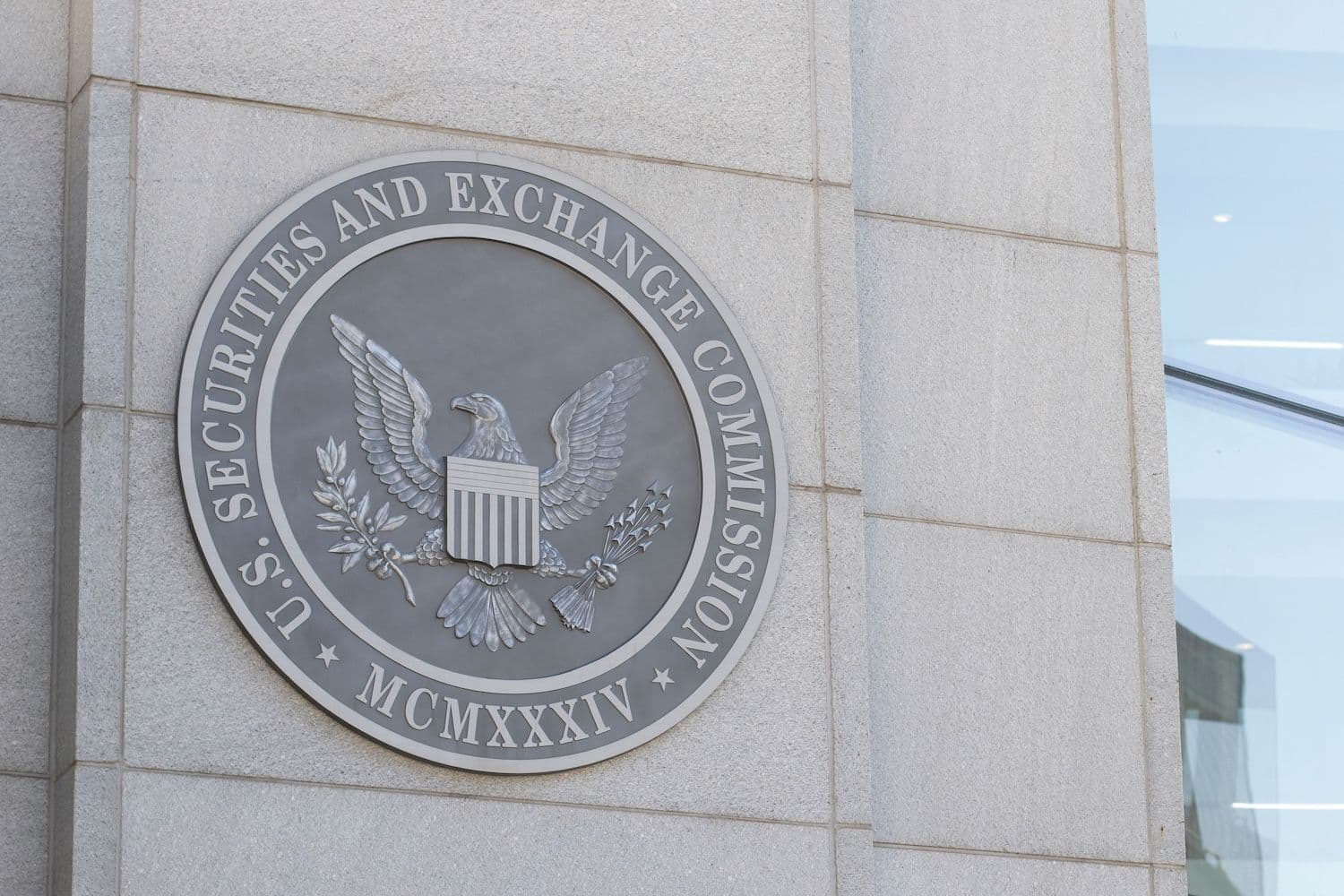The news cycle around crypto regulation is a predictable dance. The SEC delays a decision on a new ETF. The crypto world holds its breath. Pundits speculate about the SEC's "new" pro-crypto stance. And everyone breathes a collective sigh of relief, convinced that a green light is just around the corner.
But what if the delays aren't about needing more time? What if they're a carefully orchestrated act of regulatory brinkmanship, designed to exert maximum pressure on the industry without ever having to say "no"?
What is SEC Doing, Really?
The SEC's recent flurry of extensions on ETFs from BlackRock, Franklin Templeton, and others is a case study in this strategy. On the surface, it looks like a simple procedural step, a checkbox to be marked on the path to inevitable approval. But beneath the bureaucratic language lies a more sinister truth: the SEC is using the very act of procrastination as a tool for control.
This isn't an accident. It's a calculated move.
By delaying these decisions, the SEC forces protocols and asset managers to stay in a state of suspended animation. They can't fully plan for a future with a widely available, institutionally-backed product. They have to continue to jump through regulatory hoops, adapt to shifting goalposts, and endure a constant state of uncertainty.
And what's the reason for this? The SEC's filings offer a boilerplate explanation: "more time is needed to evaluate." This is a farce. The financial world is teeming with experts who can analyze these products in a fraction of the time. The real evaluation is not of the technology, but of the industry's willingness to conform.
The SEC is effectively saying: "We hold the keys to a vast new pool of capital, and we will only hand them over when you are no longer a threat. When you have fully assimilated into our traditional finance model. When you are no longer a 'disruptor' but a regulated, compliant cog in our machine."
The narrative that President Trump and SEC Chair Paul Atkins are "pro-crypto" is a dangerous distraction.
While their rhetoric may be more welcoming than previous administrations, their actions tell a different story. "Project Crypto" and the talk of a "unified framework" sound great on a press release, but they are hollow promises if the agency continues to leverage every possible delay to maintain its power.
Think about the ripple effects.
The lack of a clear regulatory framework pushes innovators and capital offshore. It favors the largest, most-resourced players—like BlackRock and Franklin Templeton—who have the legal firepower to endure these endless delays, while smaller, more innovative firms are left to wither. It stifles competition and reinforces the very centralized financial system that crypto was designed to subvert.
Final Thoughts
The SEC isn't just delaying ETF approvals.
It's delaying the industry's maturation. It's a strategic move to bleed the crypto world of its rebellious energy and force it into a mold it was never meant to fit. So the next time you hear about an SEC delay, don't see it as a sign of future approval. See it for what it is: a quiet, but firm, warning that the price of regulatory "clarity" may be the very soul of decentralization.




